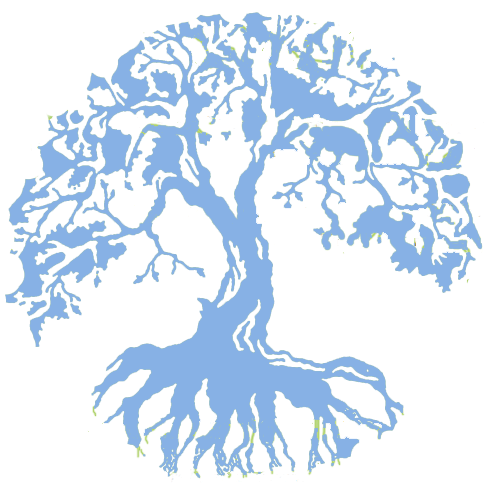by Marcel Allbritton
All of us seek to understand something in our life and become very good at it. In short, to gain Mastery. Yoga has some fascinating insights in how to work towards mastery.
I have recently taken to learning to play the Banjo, so I will use this as an example.
In Yoga, meditation is described in a three phase process.
The first phase called “dharana” involves being focused on one thing and not being distracted by other things. For example, if I sit down and play my Banjo and my thought and focus is just on my Banjo, that is the first phase. If while playing my Banjo, I start thinking about what I am going to have for dinner, then I have take my attention away from the Banjo. At this point, I have left the first phase. So the first phase is the capacity to stay focused on the Banjo more and more of the time and get distracted less of the time.
The second phase is called “dhyanam”. The phase follow the first phase, “dharana”. So a prerequisite to the second phase is the ability to be in the first phase. The second phase can best be expressed as a connection and a two way flow. So as I keep my attention on playing my Banjo without distraction, over time “Banjoness” begins to flow my way. In this second phase I learn more about the Banjo. There is a flow of communication between myself and the Banjo. I begin to learn more deeply about the Banjo and how it works and what it does, and how it functions – this is the phase of “dhyanam”.
The third phase is call “samadhi”. This phase follows the second phase. What happens here is that you step aside and only the Banjo playing remains. All great artists and musicians know this feeling. It is when it’s almost lie the instrument is playing itself or the painting it painting itself. There is a flow of a certain quality that is hard to describe with words.
When you practice all three of these stages over time it is called “samyama”. So over and over again, over time, I focus just on the Banjo, there is a two way flow of information and communication between myself and the Banjo, and then more and more of the time I am able to step aside as if the Banjo is playing itself. When these three phases are practiced of and over again over time, one approaches mastery.
This is why the music of Mozart and Beethoven has an effect on us. They have practiced “samyama” on classical music so deeply that they achieve a mastery of it.You begin to know it so well. One way of thinking about it is that you become so knowledgeable about something that it becomes a part of you and you become a part of it.

